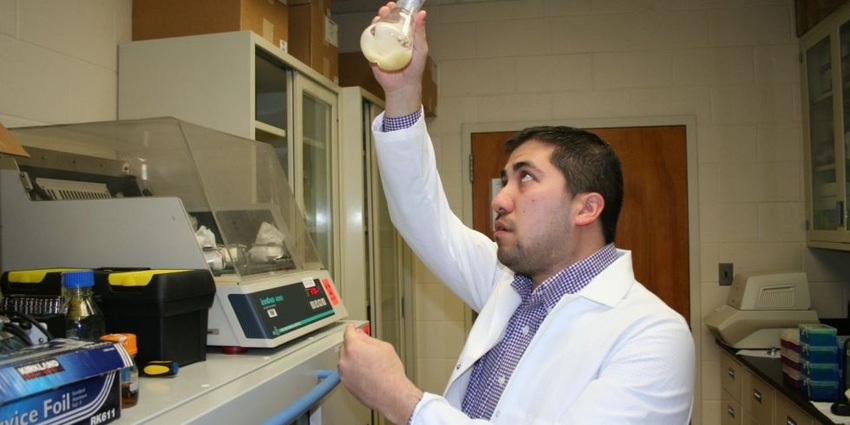Nasa is taking recycling to a whole other level. The U.S. space agency recently awarded researchers at Clemson University in South Carolina approximately $200,000 per year in grants to turn human waste into viable products, such as vitamins and plastics. The three-year research project called, "Synthetic Biology for Recycling Human Waste into Food, Nutraceuticals, and Materials: Closing the Loop for Long-Term Space Travel," will focus on how to genetically engineer yeast to create items for astronauts' use on space, since supplies are limited once astronauts take-off.
August 27, 2015

If you want to send people into space for a long period of time, you can't go down to the Home Depot to get screws, or the market to get food; it's difficult, as space is at a premium," said Mark Blenner, a Clemson University's professor teaching at the chemical and bioengineering department, and who is also heading the project. So, uh, how is this actually possible you might ask?
Blenner genetically engineers yeast using breathed-out carbon dioxide and urine as building blocks to produce useful items needed by astronauts when in space.
Blenner said that a strain of yeast can be genetically manipulated to produce plastics that can be used for 3D printing and Omega 3s that protect the skin and hair, as well as reduce risks for heart disease. Apparently, nitrogen is vital for yeast to grow and this chemical just so happens to be abundant in urine.
The yeast also feeds on lipid that certain algae produce out of carbon. If a system that can turn carbon-dioxide-containing breath into lipids using algae can be created, the system would grow yeast that can turn nitrogen and lipids into plastics and Omega 3s.
"These early career researchers will provide fuel for Nasa's innovation engine," said Steve Jurczyk, Associate Administrator for Nasa's Space Technology Mission Directorate at the agency's Headquarters in Washington. "Technology drives exploration, and investments in these technologies and technologists is essential to ensure Nasa and the nation have the capabilities necessary to meet the challenges we will face as we journey to Mars. The faculty selected and their colleagues help assure a robust university research community dedicated to advanced space technology development."
According to Nasa, the Clemson University grant was one of eight grants they have awarded throughout the United States. Other grants also focus on "innovative early stage technologies" which resolve the space program's high priority needs.
About the Author(s)
You May Also Like


